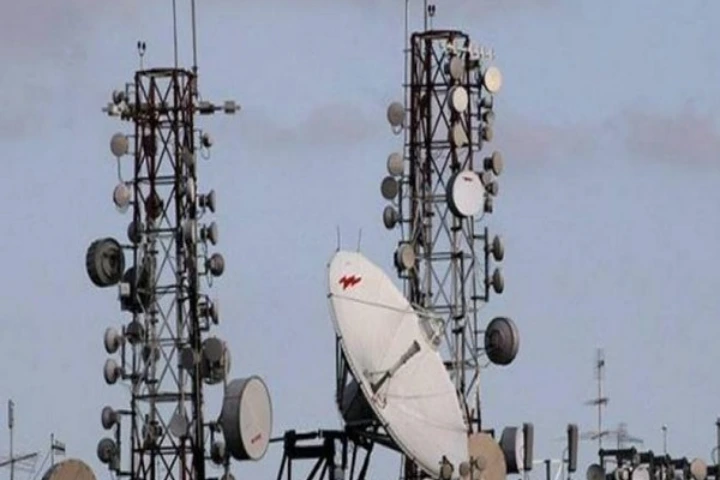

Representative image
The central government will be able to take control of any telecommunications services or networks in times of emergency after the implementation of the Telecommunications Act 2023, which will be effective on June 26.
The Centre, though partially, notified the Telecommunications Act on Friday to be effective from June 26, and provisions including sections 1, 2, 10, and 30 will be in place.
“The Central government hereby appoints the 26th day of June 2024, as the date on which the provisions of sections 1, 2, 10 to 30, 42 to 44, 46, 47, 50 to 58, 61 and 62 of the said Act shall come into force,” the Gazette notification said.
According to the notification, the government may take control of the telecom services on the grounds of security, public order, or prevention of offences.
Section 20, which will be effective on June 26 states, “On the occurrence of any public emergency, including disaster management, or in the interest of public safety, the Central Government or a State Government or any officer specially authorised in this behalf by the Central Government or a State Government can take temporary possession of any telecommunication service or telecommunication network from an authorised entity; or provide for appropriate mechanisms to ensure that messages of a user or group of users authorised for response and recovery during a public emergency are routed on priority.”
As per the act, any telecom player who wants to establish or operate telecommunication networks, provide services or possess ratio equipment will have to be authorised by the government.
After the rules of the Act comes into effect, the Universal Service Obligation Fund will become Digital Bharat Nidhi, which can be used for funding research and development, and pilot projects instead of just supporting the establishment of telecom services in rural areas.
However, some other sections of the act such as the administrative allocation of spectrum, including for the satellite services, and adjudication mechanism etc will be notified later.
The act, after it comes into effect, will supersede the existing rules within the telecommunications sector, which come under the Indian Telegraph Act, 1885, and the Wireless Telegraphy Act (1933), among others.
Union Home Minister Amit Shah on Monday highlighted the Modi government's achievements in the health…
The e-commerce sector in India is expected to witness the highest salary increments in 2025,…
Taiwan detected seven Chinese Navy ships around its territory, Taiwan's Ministry of National Defence said…
The Dalai Lama was presented with a Gold Mercury Award on Monday in recognition of…
A spokesperson for the US government described a recent request from the Chinese government, urging…
India's National Disaster Response Force (NDRF) team has begun rescue operations under Operation Brahma at…